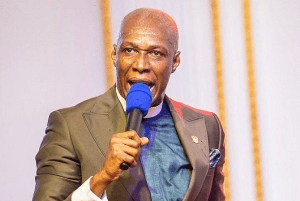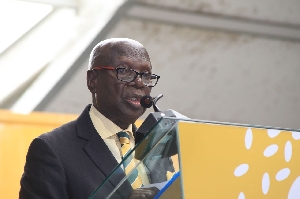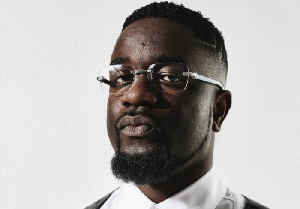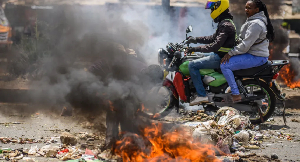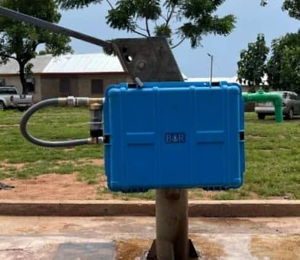Accra, Sept. 1, GNA - The International Organisation for Migration (IOM) on Monday signed agreements with local partners in Accra to kick-start a project aimed at checking human trafficking and irregular migration. The project dubbed "Capacity-Building and Awareness-Raising To Combat Trafficking in Persons and Irregular Migration From and Through Ghana" would focus on the Western, Central, Greater Accra and the Northern regions to raise public awareness on the dangers of the practice.
The Danish government is funding the project whose partners include the Ministry of Women and Children's Affairs, Ghana Health Service, Yankah and Associates, Ghana Tourist Board and the Research and Counselling Foundation for African Migrants. Mr Davide Terzi, IOM Chief of Missions, said Ghana had become not only a transit but also a destination point for trafficking and irregular migration. He said the rural-urban migration and the practice of sending out children to stay with relatives was a major source of exploitation, encouraging human trafficking, hence the need for concerted efforts to reverse the trend. Mr Terzi explained that the project would therefore assist Ghanaian counter agencies in law enforcing to enhance their capacities to detect, investigate and prosecute suspected traffickers and smugglers.
"The law enforcement agencies would need to step up their efforts to investigate traffickers who act in the guise of tourism firms, visa brokers and employment agencies and border guards would be supported to improve their skills of detecting these incidences."
The project, he said, would also facilitate the creation of a viable and sustainable protection mechanism among law enforcement officials and non-governmental organisations to provide protection and assistance to victims. The IOM Chief of Missions said the project would therefore target different groups within the society and encourage traditional authorities to join in efforts to do away with traditional values and systems that encourage trafficking. He said the project would strengthen the existing cooperation between the IOM and the partner agencies to disseminate information throughout the country to enable potential victims to make informed decisions. Mr Terzi indicated that the IOM's effort was not to promote barriers on migration, but strive to reach a level of migration that would not be to the detriment of either the developed or developing countries. He said the IOM was also working at ensuring that governments did their best to improve socio-economic standards in their countries in order to make it more comfortable for citizens to stay home than to migrate. He warned that if the irregular migration continued, there could be a possible conflict accumulating from rivalry between citizens and migrants over jobs, as it occurred in other countries. Mr Terzi said although complete success might be difficult, the project would help Ghana to take a lead in widening the initiative throughout the sub-region.
Other partner agencies are Ministry of Manpower, Youth and Employment, Ministry of the Interior, Attorney-General's Department, International Labour Organisation, United Nations Office for Drugs and Crime and the Ministry of Foreign Affairs Information. 1 Sept. 08
General News of Monday, 1 September 2008
Source: GNA






